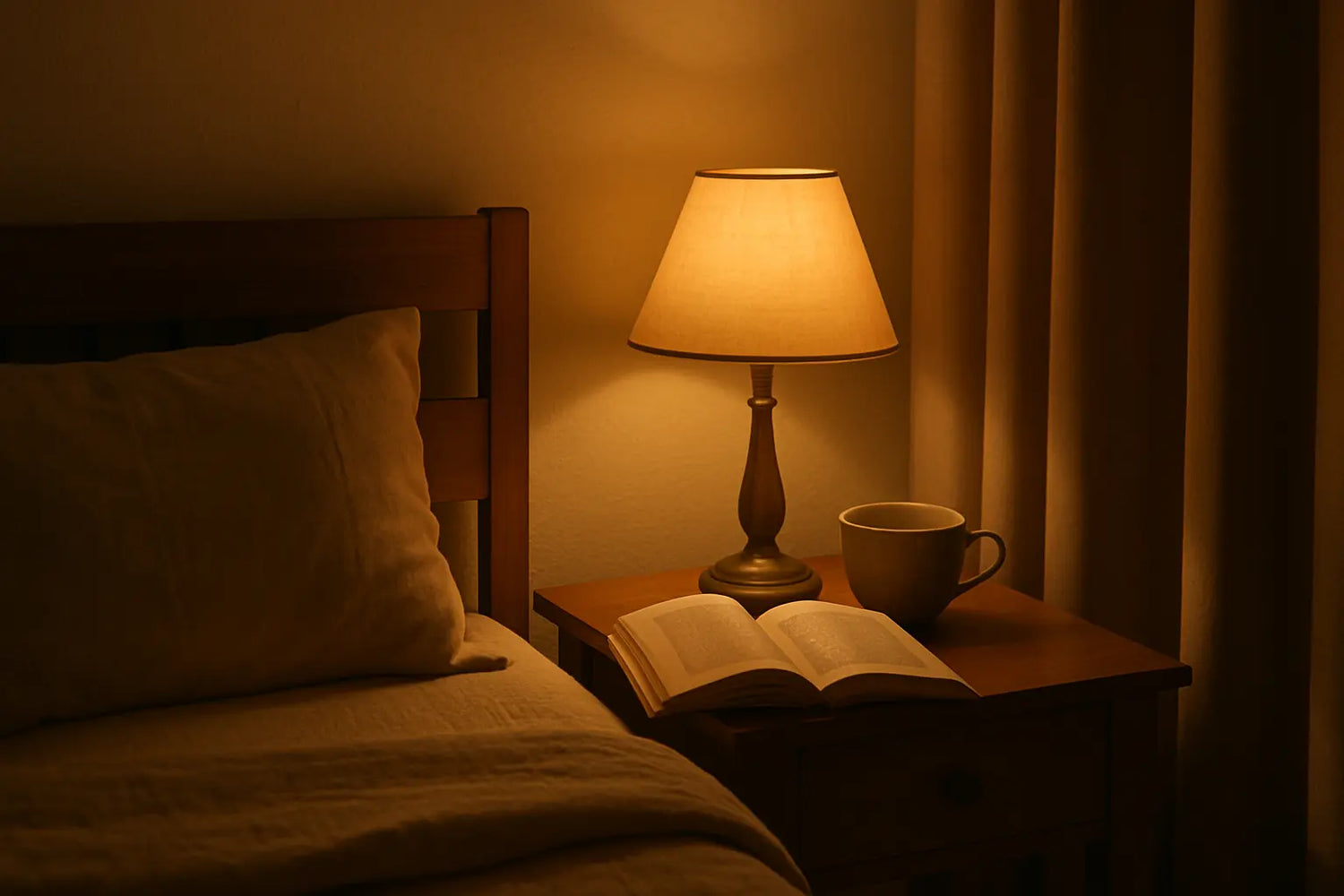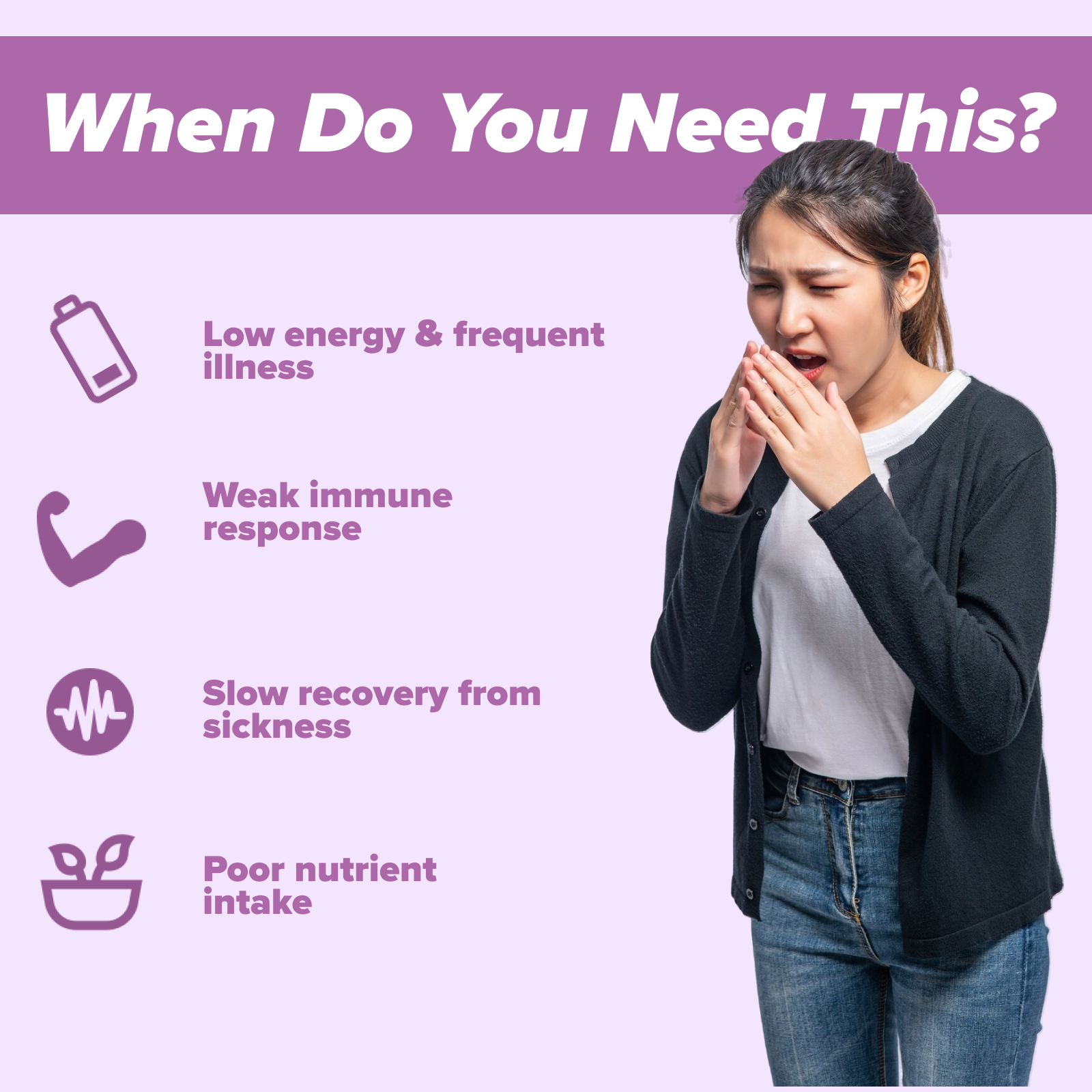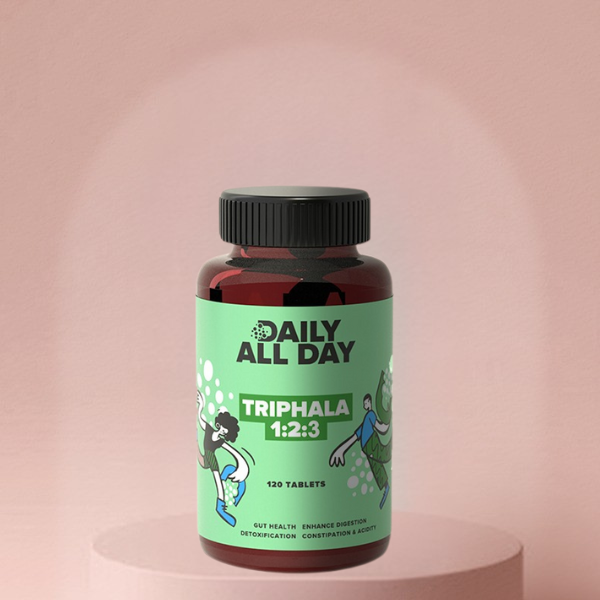Table of Contents
The 'Just One More Video' Trap
It’s 11:30 PM. You know you should be asleep. You have a big day tomorrow. But you're snuggled in bed, phone in hand, and you’ve just discovered a hilarious series of cat videos. "Just one more," you tell yourself. Forty-five minutes later, you're deep into a rabbit hole of celebrity gossip, and your eyes feel like they have sand in them. Sound familiar? If you've ever found yourself in this cycle, you're not alone. This common habit is a major cause of sleep disruption, and it’s silently sabotaging the quality of your rest.
We live in a world where our screens are glued to us from morning till night. They wake us up, help us work, and keep us entertained. But when we bring them into our bedrooms, they turn from helpful tools into sleep thieves. Research has shown time and again that using your phone, tablet, or laptop before bed can seriously mess with your body's natural ability to fall asleep. It's not just about the time you lose scrolling; it's about what the light from that screen is doing to your brain. Let's break down why this happens and what you can do to reclaim your nights.
How Does Screen Time Actually Ruin Your Sleep?
It might seem harmless, but that late-night scrolling session has a bigger impact than you think. Science has some pretty clear answers about how our devices mess with our sleep, and they are quite convincing.
- It Messes with Your Sleep Hormones: Your phone, tablet, and TV screens emit a powerful blue light. This light is a sneaky trickster. It tells your brain that it's still daytime, which then stops the production of melatonin. Melatonin is the hormone that tells your body, "Hey, it's time to get sleepy." Without it, you're left tossing and turning.
- It Puts Your Brain into Overdrive: Ever tried to sleep right after watching an action-packed movie or getting into a heated debate on social media? It's tough! That's because your brain is fired up. Instead of winding down, it's busy processing information, emotions, and images. This mental stimulation makes it nearly impossible to transition into a relaxed state ready for sleep.
- It Encourages 'Bedtime Procrastination': The digital world is designed to keep you hooked. Algorithms learn what you like and feed you an endless stream of content. That "one last video" easily turns into ten, pushing your bedtime later and later. This is often called bedtime procrastination—knowingly delaying sleep for something less important.
- It Can Worsen Stress and Anxiety: Scrolling through social media can sometimes feel like a highlight reel of everyone else's perfect life, which can make you feel anxious or down. Reading stressful news right before bed can also get your mind racing. These negative feelings are the opposite of the calm, peaceful state you need to fall asleep.
- It Disrupts Your Internal Body Clock: Your body has a natural 24-hour clock called the circadian rhythm. It's what makes you feel sleepy at night and alert during the day. Consistently using screens late at night throws this clock off balance. Over time, your body gets confused about when it's supposed to sleep and when to be awake, leading to long-term sleep problems.
Deep Dive: The Science Behind the Screen Glow
Let's get a little nerdy and understand what's really going on inside your brain when you're looking at a screen in the dark. It’s a battle between light and your body's natural rhythms.
The Problem with Blue Light
Not all light is created equal. Sunlight contains a full spectrum of colors, including blue light. During the day, blue light is great! It boosts your attention, mood, and reaction times. However, our digital devices—phones, laptops, TVs—are also major sources of blue light. When your eyes are exposed to it at night, your brain gets a very confusing message. It thinks the sun is still up and suppresses the release of melatonin. Studies have shown that even a couple of hours of screen time in the evening can significantly delay your body's melatonin surge, making it harder to fall asleep.
Melatonin: Your Body's Sleep Signal
Think of melatonin as the starting gun for the race to sleep. As darkness falls, your brain's pineal gland starts releasing it into your bloodstream, making you feel drowsy. This process is crucial for regulating your sleep cycle. But when blue light from your phone hits your eyes, it's like a big stop sign for melatonin production. Your body doesn't get the signal that it's time to power down, leaving you feeling wide awake when you should be drifting off.
Cortisol: The Opposite of Sleepy
While screens are suppressing your sleep hormone, the content you're consuming can be boosting your stress hormone, cortisol. If you're checking work emails, reading worrying news, or playing an intense game, your body can go into a state of alertness. Cortisol is the hormone that prepares you for 'fight or flight.' High levels of cortisol at night are a recipe for restlessness and a major cause of sleep disruption.
What People Are Asking: Insights from Quora
You're not the only one wondering about this. People all over the internet are asking how their screen habits affect their sleep. Here are some common questions and answers found on platforms like Quora, which show just how widespread this issue is.
-
What impact does screen time, especially before bedtime, have on sleep quality?
Users and experts on Quora agree that it has a huge impact. The blue light disrupts the melatonin surge your body needs to feel sleepy. The consensus is that staring at a screen makes it tough for your mind and body to relax. The general recommendation is to avoid all screens for at least one to two hours before you plan to sleep to allow your body to naturally prepare for rest.
-
How does using your phone before bed affect your sleep?
Recent studies confirm what many people feel: using your phone before bed confuses your body's internal clock. Your circadian rhythm gets thrown off, and your body essentially thinks it's still daytime. This not only makes it harder to fall asleep but can also lead to less deep, restorative sleep throughout the night, leaving you feeling tired even after 8 hours.
-
Should we use a phone before sleep?
The overwhelming answer is a clear 'no.' While it's tempting, the science points to too many negatives. It delays sleep, reduces sleep quality, and can stimulate your brain in ways that are counterproductive to rest. If you want to improve your sleep and overall health, putting your phone away before bed is one of the best things you can do.
6 Practical Tips to Break Up With Your Phone Before Bed
Okay, so we know screens before bed are bad. But how do you actually stop? It can feel hard to break the habit, but with a few tweaks, you can find a healthy balance.
- Set a Digital Curfew: This is the most important rule. Decide on a time to put all screens away—ideally 60 to 90 minutes before your bedtime. Set an alarm to remind yourself. Be strict about it!
- Create a Screen-Free Bedroom: Make your bedroom a sanctuary for sleep. This means no TV, no laptop, and definitely no phone scrolling in bed. If you use your phone as an alarm, place it across the room so you're not tempted to reach for it.
- Find a New Bedtime Ritual: Replace your scrolling time with a relaxing activity. Read a physical book (not an e-reader!), listen to a calming podcast or music, do some light stretching, meditate, or write in a journal. This helps signal to your brain that it's time to wind down.
- Use 'Night Mode' if You Must: If you absolutely have to use your device, turn on its 'night mode' or 'blue light filter.' These settings change the screen to a warmer, amber tone, which is less disruptive than bright blue light. It's not a perfect solution, but it's better than nothing.
- Charge Your Phone Elsewhere: Don't charge your phone on your nightstand. Charge it in the kitchen, the living room, or anywhere that isn't your bedroom. This removes the temptation to check it one last time or if you wake up in the middle of the night.
- Be Mindful of Your Content: If you're using a device in the evening, stick to calm and relaxing content. Avoid work emails, stressful news, or high-energy games. Opt for something that helps you unwind, not wind you up.
Frequently Asked Questions
- 1. How long before bed should I really stop using screens?
- Most sleep experts recommend stopping all screen time at least 60 to 90 minutes before you plan to go to sleep. This gives your brain enough time to start producing melatonin and begin the process of winding down. For some people who are very sensitive to light, two hours is even better.
- 2. Does 'night mode' or a blue light filter actually work?
- Yes, they can help, but they aren't a magic fix. Night mode reduces the amount of blue light your screen emits, making it less harsh on your eyes and less disruptive to melatonin production. However, you are still engaging your brain with content, which can be stimulating. So, while it's a good harm-reduction strategy, it's not as effective as putting the screen away entirely.
- 3. Is watching TV before bed just as bad as using my phone?
- It depends on a few factors. A TV is usually further away from your face than a phone, so the light intensity reaching your eyes is lower. However, it still emits blue light and, depending on what you're watching, can be very stimulating. A calm nature documentary is better than a thriller. The biggest problem with phones is that they are interactive and designed to keep you engaged for longer.
- 4. What are some easy screen-free activities to try before bed?
- There are plenty of great options! You could try reading a paperback book, listening to a sleep story or guided meditation, taking a warm bath, doing some gentle yoga or stretching, listening to calming music, or simply talking with a partner or family member. The key is to choose something that you find relaxing and enjoyable.
- 5. I use my phone for a meditation or sleep sounds app. Is that okay?
- This is a great exception to the 'no screens' rule, as long as you do it right. Many people find sleep apps incredibly helpful. The trick is to 'set it and forget it.' Start your meditation or soundscape, then put your phone face down and do not look at the screen again. The goal is to listen, not to watch or interact.

Reclaiming Your Nights from the Glow of a Screen
Let's be real, putting our phones away can feel like a real challenge. They're our connection to the world, our source of entertainment, and our late-night companions. But as we've explored, this habit comes at a cost—our precious sleep. The constant exposure to blue light, the endless stream of stimulating content, and the temptation to scroll 'just a little longer' all contribute to significant sleep disruption. This isn't just about feeling tired the next day; it's about protecting your long-term mental and physical health.
The science is clear: screens trick our brains into staying awake, suppressing the sleep hormone melatonin and messing with our natural sleep-wake cycle. The result is difficulty falling asleep, lower quality rest, and a groggy morning. But it doesn't have to be this way. By making small, intentional changes, you can break the cycle. Creating a digital curfew, swapping your phone for a book, or trying a relaxing meditation can make a world of difference.
Think of it as an investment in yourself. Better sleep leads to more energy, a better mood, and a sharper mind. It’s time to prioritize your rest over one more video or notification. Start tonight by creating a healthier bedtime routine, and you'll wake up feeling refreshed, recharged, and ready to take on the day. Your future self will thank you for it.































